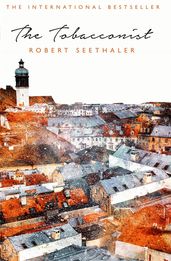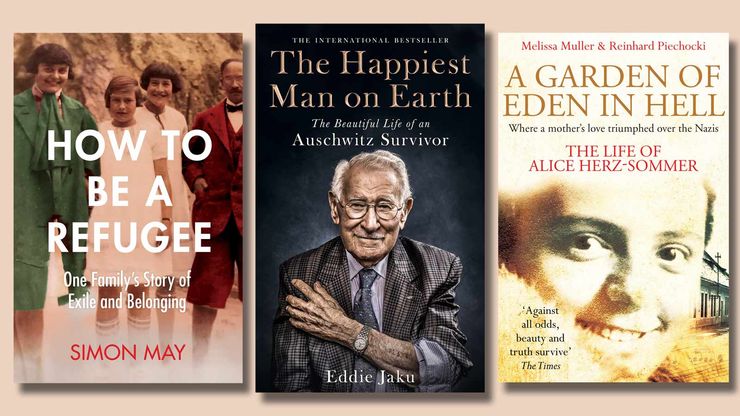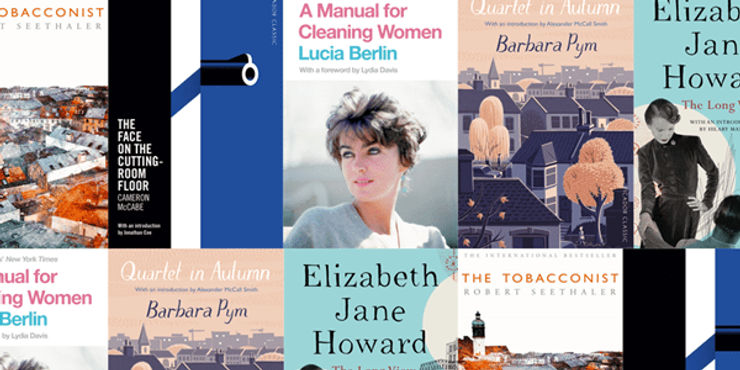The Tobacconist
Robert Seethaler
Translated by Charlotte Collins
Synopsis
'Set at a time of lengthening shadows, this is a novel about the sparks that illuminate the dark: of wisdom, compassion, defiance and courage. It is wry, piercing and also, fittingly, radiant.' Daily Mail
From Robert Seethaler, the author of the Man Booker International shortlisted A Whole Life, comes a deeply moving story of ordinary lives profoundly affected by the Third Reich, in the tradition of novels such as Fred Uhlman's classic Reunion, Bernhard Schlink's The Reader and Rachel Seiffert's The Dark Room.
When seventeen-year-old Franz exchanges his home in the idyllic beauty of the Austrian lake district for the bustle of Vienna, his homesickness quickly dissolves amidst the thrum of the city. In his role as apprentice to the elderly tobacconist Otto Trsnyek, he will soon be supplying the great and good of Vienna with their newspapers and cigarettes. Among the regulars is a Professor Freud, whose predilection for cigars and occasional willingness to dispense romantic advice will forge a bond between him and young Franz.
It is 1937. In a matter of months Germany will annex Austria and the storm that has been threatening to engulf the little tobacconist will descend, leaving the lives of Franz, Otto and Professor Freud irredeemably changed.
Details
Reviews
Set at a time of lengthening shadows, this is a novel about the sparks that illuminate the dark: of wisdom, compassion, defiance and courage. It is wry, piercing and also, fittingly, radiant.
Seethaler blends tragedy and whimsy to create a bittersweet picture of youthful ideals getting clobbered by external forces. The result is a little like Great Expectations, only with dachshunds and strudel.
Essential reading for the early years of the 21st century.
[The Tobacconist’s] portrayal of pre-war Vienna is tender and elegiac. There are echoes of Arthur Schnitzler in Fran’z feverish obsession with Anezka, Ödön von Horváth in minor characters such as the neighbouring butcher who denounces the tobacconist to the Gestapo, and Robert Musil in the texture of the city. The moment when the frail, ill Dr Freud boards the train for London is an elegy for the cultural and intellectual glory of early twentieth-century Vienna . . . The Tobacconist remains unwavering in its quiet, understated style and it is all the more devastating for it.



